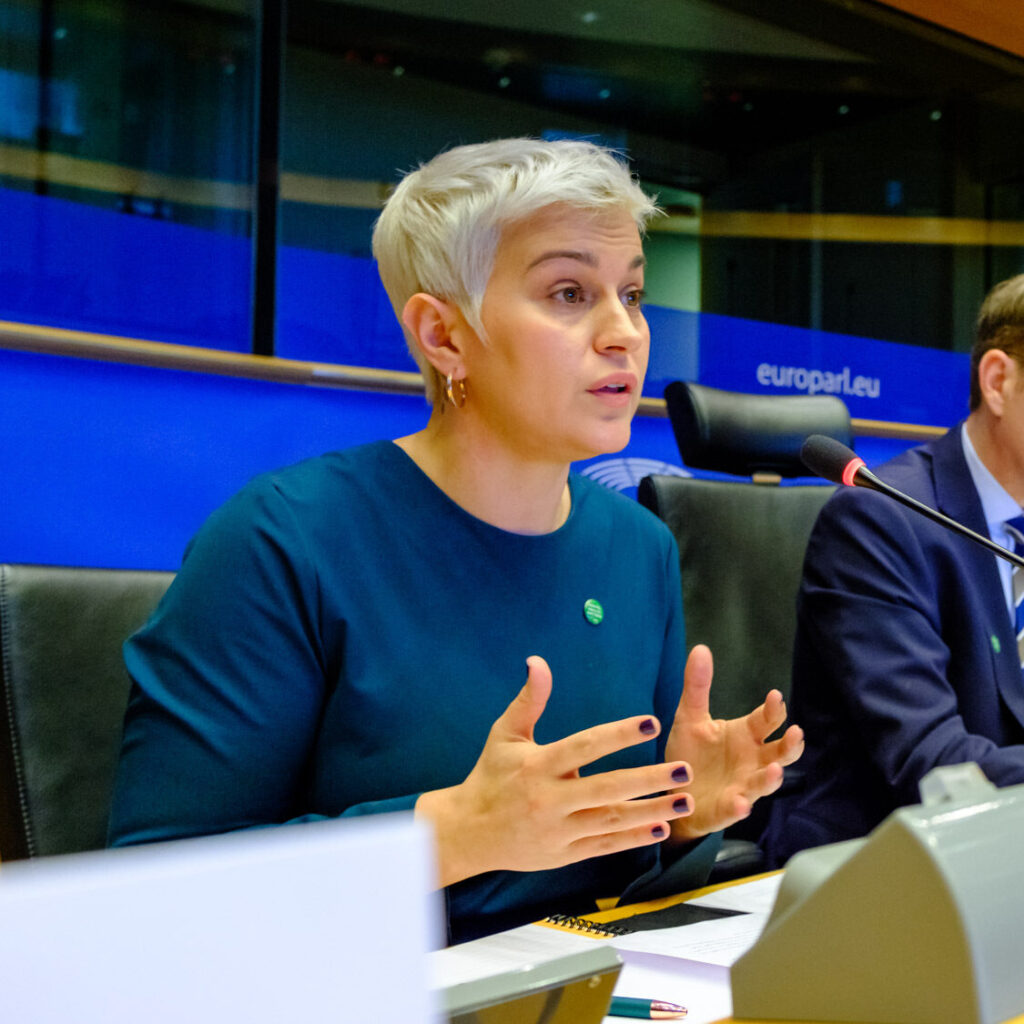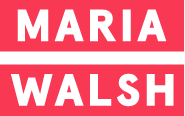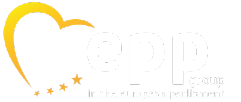
TikTok is abdicating its responsibility to protect young people as the platform’s algorithms actively highlight graphic content on depression, self-harm and suicide to vulnerable minors, MEP Maria Walsh has said.
MEP Walsh is one of the leading voices on mental health in the European Parliament. Over the past five years, she has worked closely with President Ursula Von der Leyen and the European Commission on the issue and has led the campaign for a European Mental Health Strategy.
MEP Walsh has today written to Adam Presser, who oversees TikTok’s international Global Trust and Safety division based in Dublin, to raise her concerns and to request a meeting with Mr. Presser and his team in the organisation’s Dublin office.
Maria Walsh, MEP for Midlands-North West, said:
“Social media is one of the biggest threats to the health of our young people today. In a time where death by suicide is the second leading cause of death for young people in the EU, TikTok is actively showing vulnerable teenagers graphic content on depression, self-harm and suicide ideation.
“According to this week’s investigation from RTÉ, not only does TikTok highlight such content – the platform can also glamorise the ideas of self-harm and suicide.
“Social media companies cannot hide behind the pretence that they have adequate safeguards in place. In an age of advanced AI technology, TikTok’s current automated moderation process is falling far below the standard required to protect our young people. Given the level of harmful content that is allowed through, is the process merely there to pay lip service to the idea of safeguarding minors?
“The warnings are coming thick and fast from healthcare professionals, advocacy groups and parents. The onus is on TikTok to step up to the plate and take the protection of our most vulnerable seriously; the minds and lives of young people are at stake.
“I look forward to meeting with the organisations’ Global Trust and Safety division in Dublin to discuss this issue further, from an Irish and European perspective.”

